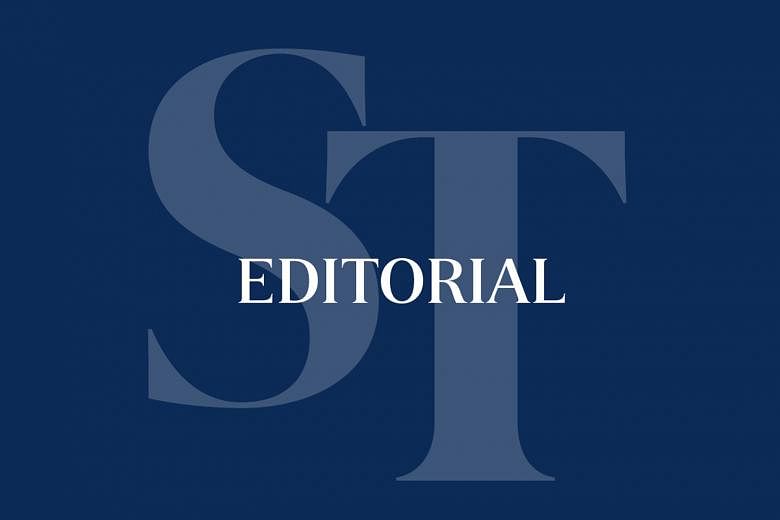Ever since the change of government in Seoul brought Mr Moon Jae In to power, the world has looked to some fresh thinking on the Korean peninsula. It is easily the world's most dangerous place today, with a nuclear-armed North Korea confronting the US-led alliance at its doorstep. The question was about timing. It was clear that the North would not move until it had reasonable assurance that it had done sufficient testing of its nuclear bombs and delivery systems to offer a credible deterrent. That it now seems to have achieved after six atomic tests. Thus, Mr Kim Jong Un has seized on the arrival of the new year to make conciliatory noises, couching them in his usual bravado.
The South has responded. A military hotline has been reactivated. The two Koreas have held their first high-level talks in years and the result has been agreement that the North will send a large-sized delegation to the Winter Olympics, to be hosted by South Korea next month. In turn, to assuage Mr Kim's insecurities, the United States and South Korea have agreed to not conduct war games during the Games. What is more, the US, while not overtly enthusiastic about the rapprochement, does not oppose it. Mr Moon has been wise to keep his big ally, President Donald Trump, onside all the way.
What is behind this? First, it is possible that Mr Kim, who is far more of a rational actor than anyone gives him credit for, may have concluded that Mr Trump, the self-proclaimed "stable genius", may turn out to be more of a risk-taker than previously imagined. Mr Trump, and his National Security Adviser H.R. McMaster, are in the camp that seems to believe that a military solution is indeed possible on the Korean peninsula. Revelations that the US and China had actually discussed such intervention, to avoid aggravating Chinese concerns, probably added to the pressure. Second, the ever-stiffer sanctions imposed by the United Nations are clearly hurting the regime. Mr Kim must be acutely aware of the widespread unrest in Iran, triggered by alienation from the governing elite.
Mr Trump has said that the US is willing to talk to Pyongyang "at an appropriate time and circumstance". This is both reassuring, and a signal to the North that good behaviour will be rewarded. Also, if its gambit is to drive a wedge between Seoul and Washington, it is unlikely to happen. While Mr Moon has walked back talk by his Foreign Ministry that suggested some sanctions could be eased, this clearly is a negotiating gambit. What other incentive would Pyongyang seek, aside from concrete assurances that the regime will not be undermined nor North Korea attacked? It has been many years since the two Koreas had a summit; it is time that they started planning one, with every issue on the table.

